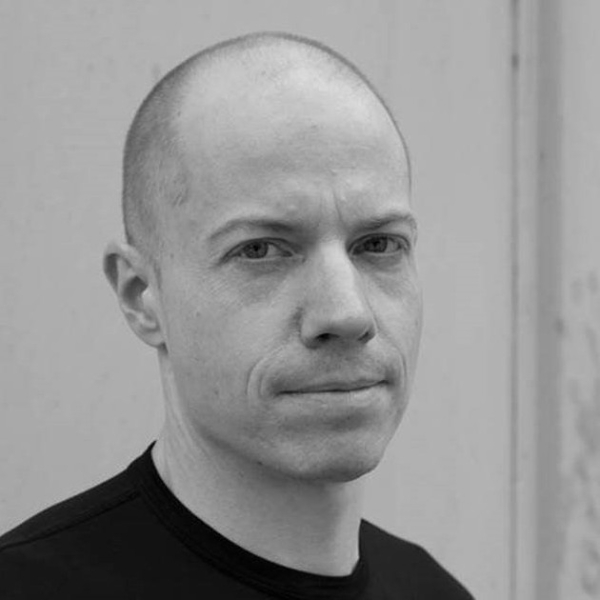Sebastian Hammerschmidt
Sebastian Hammerschmidt
Research Interests


Gottlieb Friedrich Reber (1880 – 1959): Collecting as a Form of Art Historiography
The Collection Gottlieb Friedrich Reber (1880–1959) can be considered one of the most important private collections of first half 20th century Europe. Within a short time, Reber compiled a collection in Germany and Switzerland that included a vast amount of French modernism painters as well as the Old Masters, not least a broad selection of ethnographic and archaeological artifacts. All the more astonishing, despite its outstanding holdings, the collection has been largely neglected by art historical research. Due to new archival discoveries, it is now possible to conduct comprehensive research into the collection for the first time. However, the PhD project aims not only at reconstructing and contextualizing the collection more broadly, going beyond previous research. The project is also linked to further methodological questions, concerning the art historical claim of the collection. Here, collecting does not represent individual decisions of a collector's personality embedded in a history of taste. Here, collecting itself becomes a form of art historiography. Accordingly, the project raises the question of the epistemic claims and possibilities of the medium “collection“ in relation to an art historiography that is usually defined as text. Hence, an understanding of collecting as discursive practice, preceded by art historical narratives and categorizations, but equally reformulating them. What thus is at stake is a different model of art historiography, a model that does not follow the primacy of writing, hierarchically subordinating works of art to a text, but that is oriented towards the medium of collection and the very practices associated with it.
About


CV


Sebastian Hammerschmidt is an art historian and writer. After studying art history and philosophy at the University of Cologne, his PhD thesis explores “Gottlieb Friedrich Reber (1880–1959): Collecting as a Form of Art Historiography“. For this thesis he was granted the Research Fellowship DFK Paris | INHA. Most recently he has been exploring the archives related to the collection Reber at ZADIK, Cologne (Central Archive for German and International Art Market Studies). His research interests include practices and discourses of collecting, transcultural art history, and modernism as an artistic and political project. Beyond his research he is working closely with contemporary artists and has written texts for numerous exhibitions and catalogues, especially in the field of painting and sculpture. He is a founding member of the working group edk (end of art history), which has been examining methodological and structural issues of the discipline since 2019. In 2021 he was coorganizer of the online-conference “trans_positionen“ that attempted to critically interrogate the concept of global art history. In 2023 he was co-organizer of the conference “(De)Politicising Art Studies. Marxist Traditions since 1968“ at Technical University Berlin (publication upcoming in 2025).
Contact




